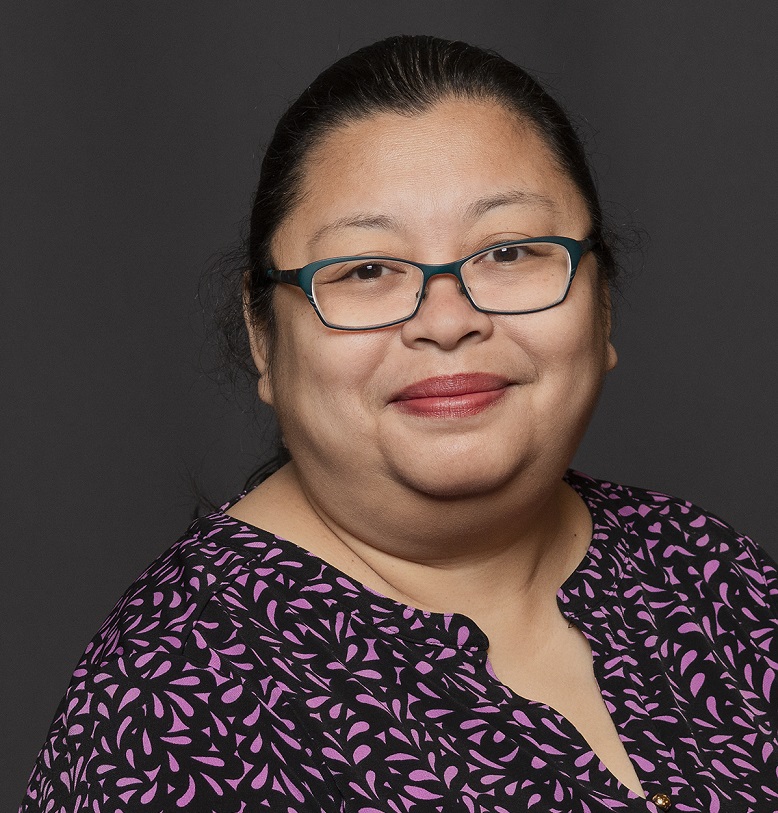Your name, current work place and position
I’m Melissa Cardenas-Dow, a social sciences librarian currently working at California State University Sacramento.
Where did you attend school for your MLIS degree?
I got my MLIS from San Jose State University. I graduated in 2008.
How long have you been an APALA member? Why did you first join? Are you currently involved as an officer/committee member/other volunteer?
I’ve been an APALA member since 2010, but didn’t really become active till 2011. I first joined because I was looking for a professional home at the time. Right now, I’m in my second year as APALA Secretary, which has a 2-year term (2019-2021). Before that, I worked on the (what was then called) Newsletter & Publications committee and was a Member-at-Large (2014-2016).
We’re very interested in the diversity of ethnic/cultural heritage within APALA. Please share your ethnic/cultural heritage with us and any other background information, as desired.
I was born and raised in Metro Manila in the Philippines. When I was about 7, my parents went to the United States to work, took me with them, and left my 2 very young sisters in the care of my grandparents. I think they were ages 2 and 1. Very young. After 2 years here in the US, I returned to the Philippines. My parents left the Philippines in 1980. We weren’t together as a family again till 1990, when my sisters and I flew to Southern California to be with our mother and brother. My brother, the youngest of my siblings, was born in the US. I have first-hand, intimate experience with what scholars call, with a certain level of detachment, the “push-and-pull factors” of globalization. Almost all of my childhood friends had a parent who worked overseas. My transnational family story is common, but it does have lasting impressions and casts long shadows. These are important aspects of my personal history and identity as a Filipina immigrant living in the United States.
What aspects of librarianship are key to your personal satisfaction at work. Please share some of your professional goals and interests.
Advocacy for the dignity and humanity of both library workers and patrons is very important to me. This is a natural fit in my work as a subject specialist in ethnic studies and as a member of my library’s diversity and inclusion committee. I am very much interested in my university’s identification as an “anchor university.” I’m really not sure what that means exactly, but I find it fascinating that it is often spoken of in opposition to the “ivory tower.” If it means that the relevance of the work we do within the university has direct effects on the communities in the vicinity of campus, then issues relevant to social justice and equity are at the fore. I want to be part of such work and discussions. I want to be part of the work necessary to ensure that my library is an integral part of that work.
Is there anything else you’d like to add?
The intersections of our myriad identities are important to weigh and gauge when it comes to understanding situations, ourselves, and others. In addition to the many different intersections of identities, there’s also an ebb and flow throughout all of these. That situatedness, that fluidity, is something I’m trying to be more in touch with, too. For example, my identity as a chronic disease sufferer doesn’t always come into play when the situation calls for the need to physically access a space. However, when that space has stairs and has no alternative means to get to the different floors, my chronic affliction that affects my ability to perceive depth and therefore makes climbing up and down stairs difficult becomes a greater issue than it was previously. This identity of having an invisible disability, then, comes to the foreground, ahead of my ethnic identity as a Filipina immigrant. At least as far as those stairs are concerned.
Editing assistance provided by Molly Higgins.

